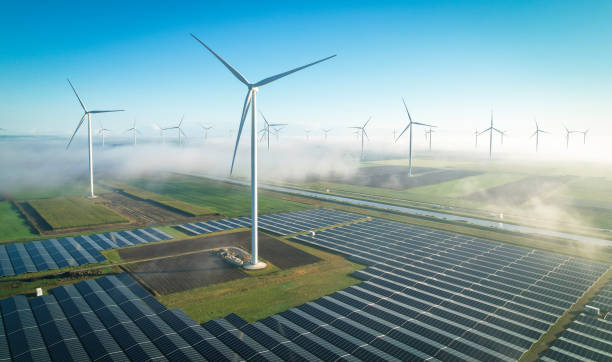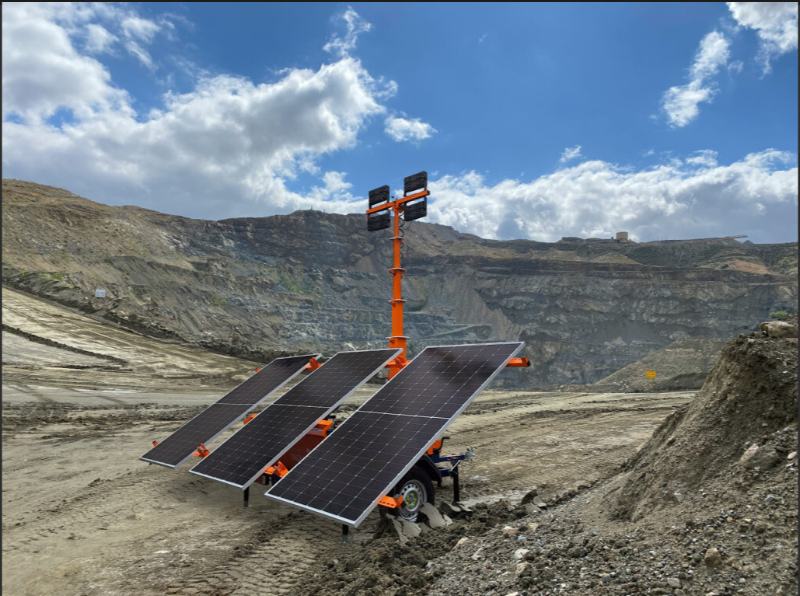Trump’s Budget Bill Leaves Current Solar Tax Credits Intact
After an intense Senate debate featuring a record-breaking vote-a-rama session, President Trump’s budget bill is moving closer to final passage as the most extreme amendments were dropped.
While headlines have suggested that the bill threatens the future of the solar industry with major changes to tax credits, Cleanlight’s analysis shows that current utility-scale solar projects are likely to continue receiving strong financial incentives – even if long-term activities are affected.
One critical takeaway is that legislation has tempered extreme proposals like a 50% excise tax on solar installations. Cleanlight believes this shift reflects a deeper understanding of how economic realities and investor confidence align with clean energy goals. Resilience and adaptability in policy will power continued growth in the space, particularly when solar is paired with energy storage solutions, which remain supportive.
Though the bill doesn’t signal the immediate demise of the solar market, it highlights the growing challenge of policy instability for a fast-evolving industry. Operators must now consider what long-term implications the revisions could bring and remain nimble for future opportunities shaped by the dynamic relationship between solar tax credits and energy storage in equity and debt financing landscapes.
- Major takeaway 1: Extreme anti-solar amendments were removed from Trump’s budget bill.
- Major takeaway 2: Current utility-scale solar and storage systems will maintain key financial support.
- Major takeaway 3: Decisions around tax credit sustainment are increasingly complex due to policy shifts.
“The removal of the 50% excise tax is promising, but the bill needs more clarity on future solar incentives,” said Adam Green, a Cleanlight policy analyst. “Operators must prepare for potential uncertainty in the long term, even if the present looks stable with paired storage solutions in play.”
Discussing this shift is essential for stakeholders in renewable energy to understand the balance between short-term advantages and long-term strategic planning in anticipation of more favorable policy actions on the horizon.
Keep the writing professional, yet accessible for a broad audience interested in clean energy and how policy changes impact it. Become part of the conversation by sharing your thoughts or diving deeper into the implications of the bill on utility solar projects when commenting or engaging further.


